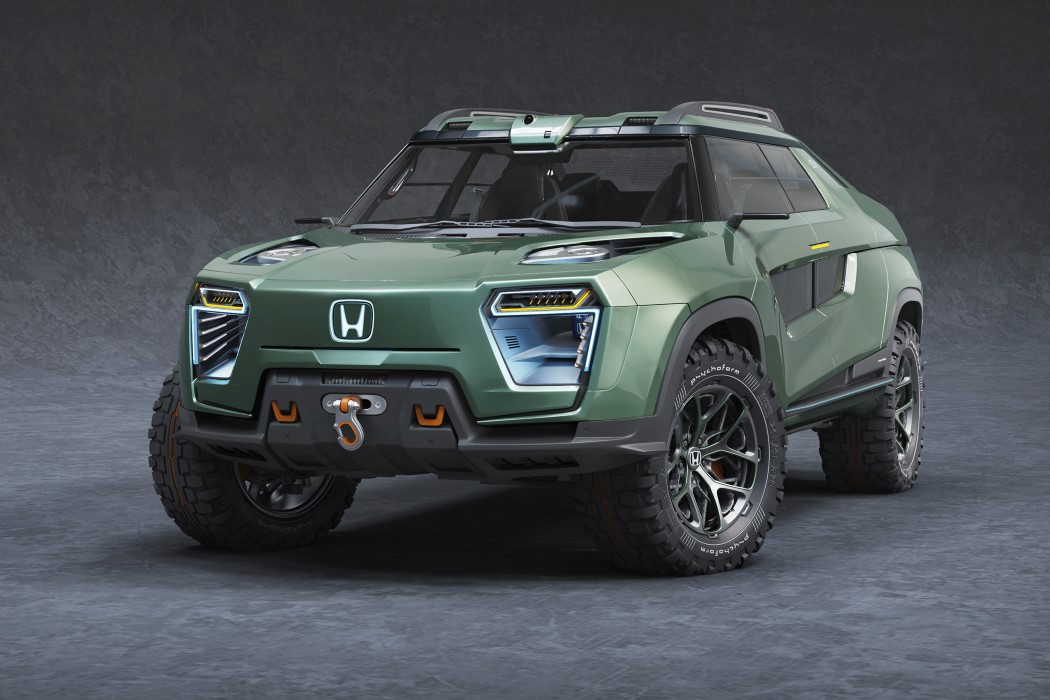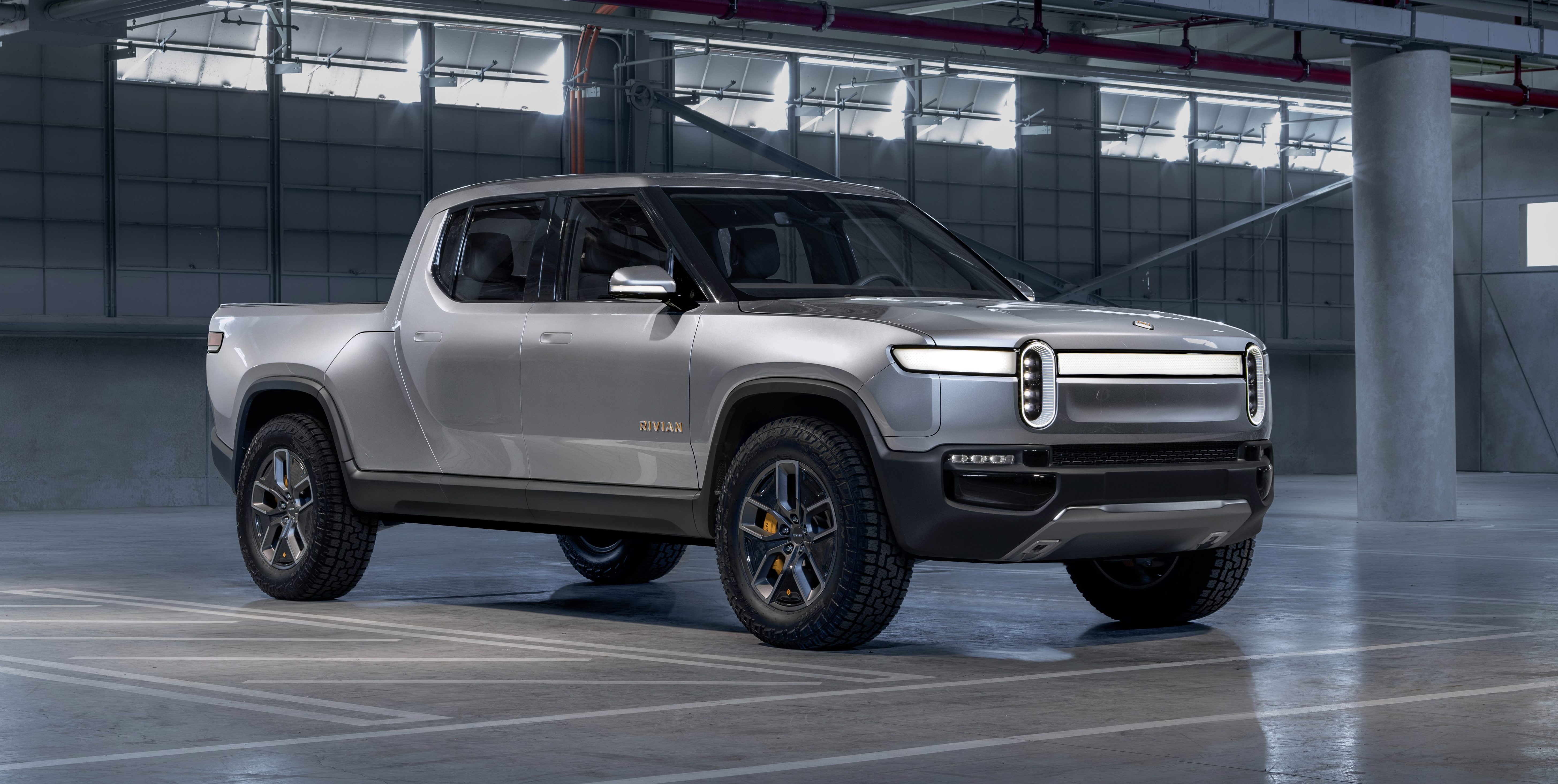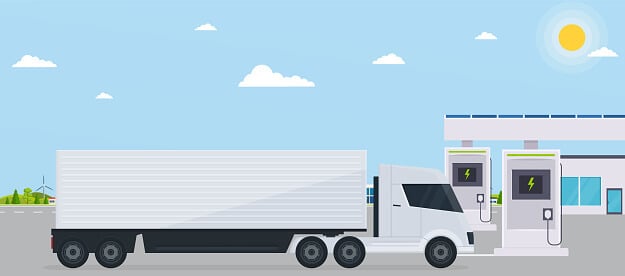As the world moves towards electric cars, the question of what will happen to trucks is a valid one. After all, trucks are a vital part of many industries, from construction to transportation. While it is possible to convert trucks to run on electricity, it is not yet clear if this is the best solution. There are a few key considerations when it comes to electric trucks. First, electric trucks are much more expensive than traditional diesel trucks. This is a significant barrier to entry for many companies. Second, electric trucks have a shorter range than diesel trucks. This means that electric trucks would need to be recharged more often, which could be a logistical nightmare. Finally, electric trucks are not yet as powerful as diesel trucks. This means that they may not be able to handle the same workloads as their diesel counterparts. For now, it seems that the best solution is to use electric trucks for shorter distances and reserve diesel trucks for longer hauls.
Cars and light-duty vehicles are becoming increasingly electric, and a variety of questions about the vehicles are being asked. Gasoline vehicles are still legal to drive in California, and they must be registered with the California Department of Motor Vehicles, which allows them to be resold. In the fourth quarter of 2021, more than 1 million zero-emission vehicle sales in California were recorded. Over 70 different electric vehicle models are currently on the market, including battery-electric, plug-in hybrid, and fuel cell models. Electric vehicles typically have ranges of more than 200 miles, meeting the vast majority of people’s needs. DC Fast chargers are available in public places all across California and the United States if you need to go further. Electric vehicles can be driven in extremely hot or extremely cold weather depending on the season.
Despite the fact that cold weather reduces the range of the vehicles, having a plan will ensure that they can get you where you need to go in no time. Electric vehicles’ high torque allows them to travel quickly and climb steep inclines with ease. When it comes to emissions from the tailpipe, electric vehicles perform better than gas vehicles. The United States Department of Energy’s Beyond Tailpipe Calculator can be used to estimate the total greenhouse gas emissions of an electric vehicle or plug-in hybrid electric vehicle. Vehicles can be refurbished and reused directly as replacement battery packs for the same model vehicles, regardless of whether the battery module is removed. California is on the verge of installing both electric vehicle charging stations and hydrogen fueling stations. The governor of California allocated billions to help make zero-emission vehicles more affordable and accessible for all California residents.
It is as simple as plugging in an electric vehicle to charge it at home using a 110-volt outlet. Electric vehicles will have to have a convenient cord capable of charging at both Level 1 and Level 2 by 2026. The price you pay for charging your electric vehicle is determined by the size of its battery and the cost of electricity in your area. When electricity is available during off-peak hours, many electric utilities offer reduced pricing for time-of-use consumption. Electric vehicles will account for approximately 4.0% of total system electric load at peak hours (4-9pm) by 2030. The total number of electric vehicles in operation during the peak period from 2022 to 2024 will be less than 1%. The time-of-use rate can shift charging from peak to non-peak system hours, reducing grid impacts while also preventing potential system overload.
Electric vehicles face numerous barriers in addition to lack of a clear financial incentive, particularly for heavy-duty vehicles like trucks. Most people have a shaky opinion about the dependability of trucks, such as pickup trucks, in carrying heavy loads, as well as the extent of maintenance required.
I believe it is possible, but it is unlikely. Electric semi-trucks may eventually overtake their gas-powered counterparts; similar to how electric cars have increased their market share, electric semi-trucks may be able to do the same. In the long run, it will be a while before they surpass classic diesel trucks, which are currently very popular.
Although the company currently sells a battery-powered International eMV truck with a range of 135 miles per charge, Carlbaum says the company will develop more advanced electric vehicles with a range of over 500 miles per charge, as well as 1 megawatt-hour battery packs, by 2025.
The New York Times reports that one percent of the 250 million vehicles in the United States are electric vehicles (EVs). However, by the end of 2019, electric vehicles accounted for only 2,000 of the total.
Will Trucks Ever Be Electric?

When it comes to long-haul semitrucks, companies such as Daimler, Volvo, and Tesla are planning to start delivering electric vehicles in late 2022 and early 2023, owing to the growing demand from major retailers such as Walmart and national freight companies such as NFI.
Electric semi-trucks are expected to be the next big thing, and manufacturers are investing billions of dollars into their development. These vehicles use less fuel than diesel vehicles and use batteries that are lithium-ion-cobalt or ion phosphate. The eM2 is a modern take on the classic box truck from Freightliner. Volvo recently received the largest order for electric trucks to date. According to Nikola’s electric-semi, the Trae can travel up to 350 miles on one charge.
This announcement is good news for the environment, the trucking industry, and consumers who will be able to buy more dependable and affordable trucks. Electric trucks are becoming more affordable and more efficient, making them a better investment for the future.
Electric Pickup Trucks Are The Future
The Ford F-150 is expected to be the first all-electric pickup truck, with production beginning in 2035. Furthermore, GM has announced that by 2035, it will have completely electric vehicles on the road. Diesel trucks continue to be popular in the market for the time being, despite the fact that electric variants may replace them in the future. Electric trucks and diesel trucks are still far apart in terms of charging time; however, this will change as the technology matures.
Will Pickup Trucks Go Electric?

Ford unsurprisingly launched the first electric work vehicle, the F-150. Following the introduction of the E-Transit van and the Mustang Mach-E SUV, Ford will introduce a new electric vehicle in the spring of 2022, the F-150 Lightning.
Pickup trucks will be equipped with electric motors in the future regardless of market demand. Several manufacturers are preparing electric pickup trucks for the next few model years. Work-truck electric pickups, which can be purchased on a regular basis for fleets, may be the next wave of popular vehicles. Heavy towing and hauling capacities can be greatly increased by using massive electric motors. An electric pickup truck is being built in Normal, Illinois, at a former Mitsubishi plant known as the Rivian R1T. The company claims the vehicle can travel 60 miles per hour in three seconds and can tow 11,000 pounds. According to Tesla Motors CEO Elon Musk, the company intends to make a fully electric pickup truck. Ford is working on a hybrid version of its F-150 pickup truck, which is possibly a full-electric and plug-in hybrid. General motors intends to use its BEV3 platform to build an EV pickup. When it might become electrified, there is no word on whether it will be in the current model or later.
Electric vehicles are now available in large numbers with the Tesla Cybertruck. In comparison to the GMC Hummer EV and the Bollinger B2, it can tow a truck as well as a camper up to 10,000 pounds. The Ford Electric F-150 will be on the market in mid-2022. Despite the fact that it can tow a trailer up to 10,000 pounds, it has a lower battery efficiency than the Tesla Cybertruck and the Bollinger B2.
Are Electric Trucks Better Than Gas Trucks?

The EV consumes less fuel because it is four times more efficient than a gasoline engine. The number of EV batteries and the number of equipment requirements are both lower. Because there is no need to replace the oil or spark plugs, less time and money is saved on preventative maintenance.
Electric vehicles will be on the market in 2021. What are the pros and cons of hybrid trucks? Electric vehicles emit 40 percent less CO2 than their traditional gasoline counterparts. Electric vehicles are also more affordable to maintain than diesel-powered vehicles. Anxiety about the terrain is still a major concern for potential electric truck owners. In addition to the cost of building a charger at home, it can be difficult. Electric vehicles can cost between $10,000 and $50,000 more to produce as technology advances and manufacturing costs decrease.
Electric vehicles will be unable to replace all gas-powered and diesel-powered vehicles. Electric vehicles will be manufactured to meet the corporate average fuel economy (CAFE) due to federal fines that are excessive. There is no profit to be made by these vehicles either, and the manufacturers are doing their best to make money.
The Future Of Electric Trucks
Electric trucks use less energy and pollute less than diesel trucks. They are more efficient, require less maintenance, and require less energy. In the long run, electric trucks will be more cost-effective than diesel trucks. Electric engines are superior to gas engines in terms of horsepower and mileage, but gas vehicles currently outperform electrics in terms of horsepower and mileage. Electric trucks will most likely take over California and other states as soon as they are introduced.